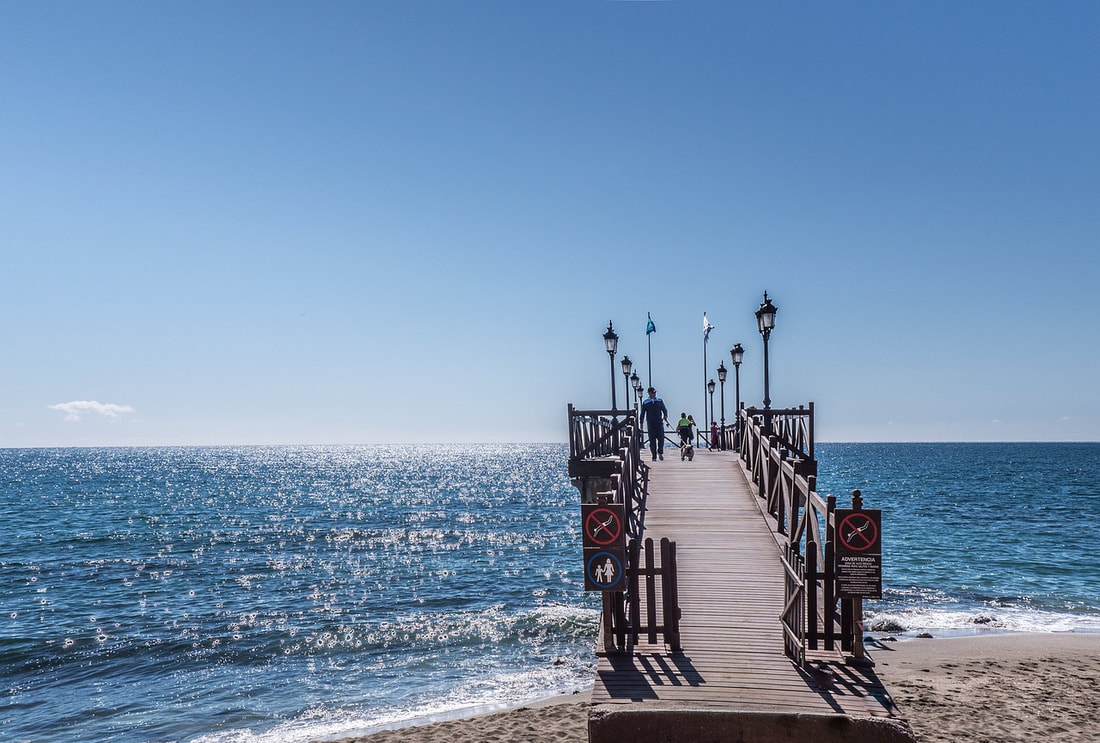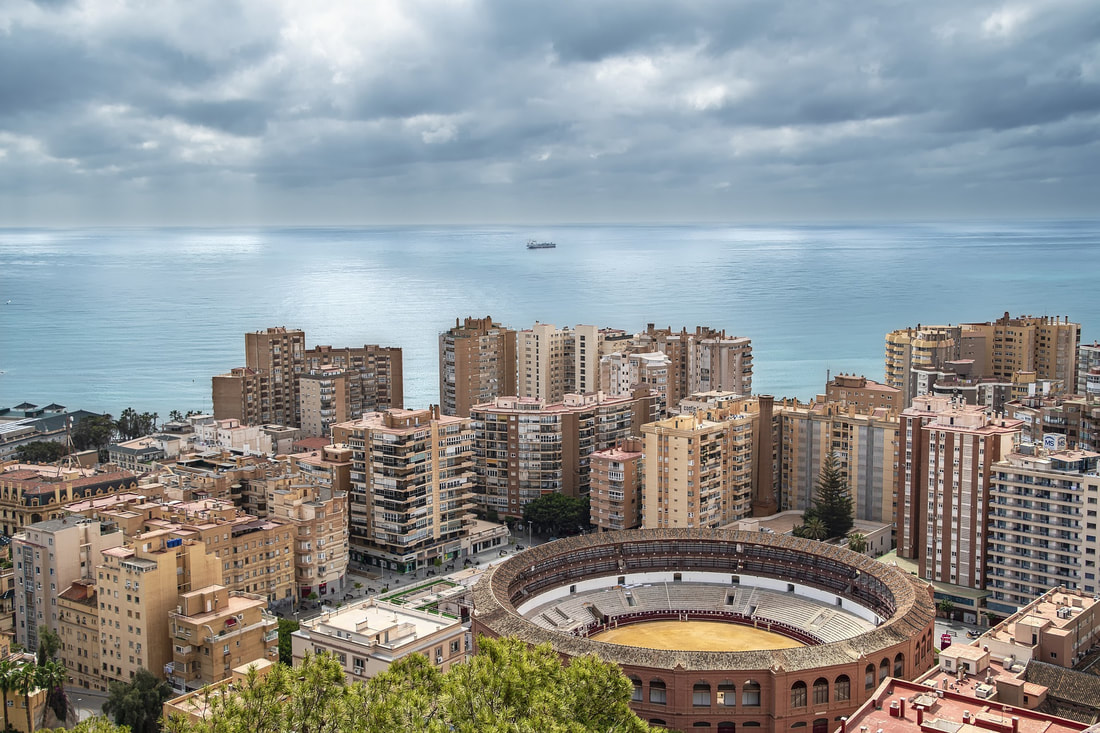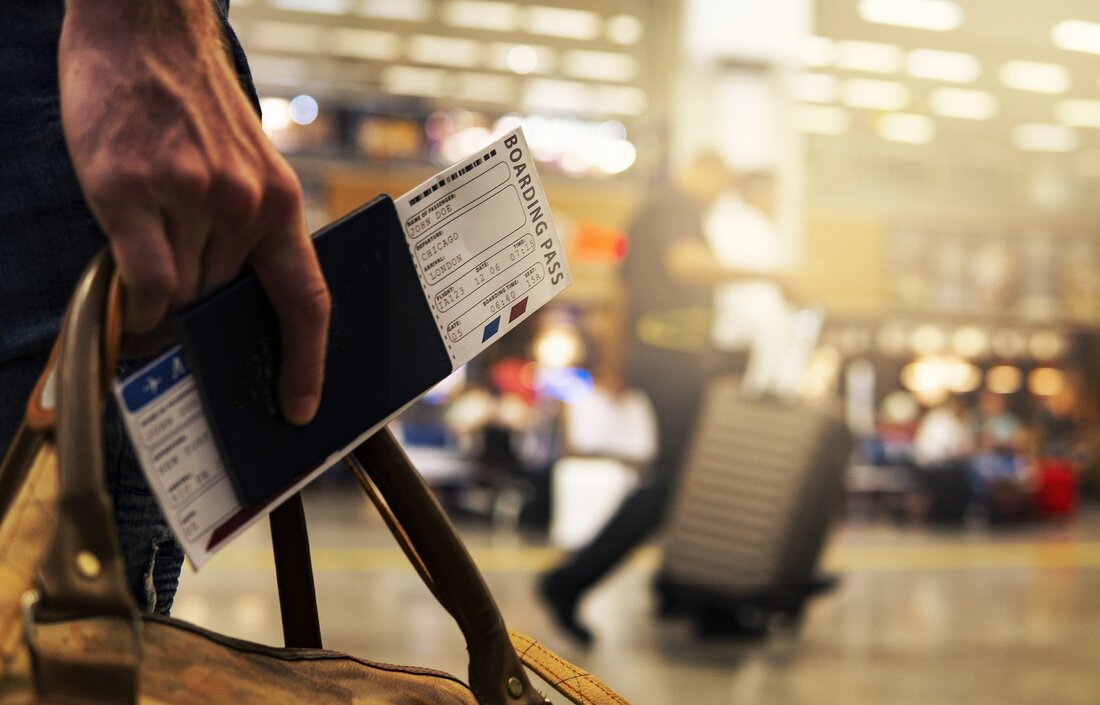|
Asuntokauppaprosessi Espanjassa on Suomen prosessiin verrattuna monivaiheinen ja byrokraattinen.
Prosessiin vaikutta myös se onko kyse käytetystä asunnosta tai uudiskohteesta. Karkeasti käytetyn asunnon asuntokauppaprosessin juridinen osuus koostuu seuraavista vaiheista:
Kun kyseessä on ulkomainen ostaja, haetaan ostajalle, mikäli luonnollinen henkilö NIE ja mikäli juridinen henkilö haetaan vastaavasti NIF, joka toimii ulkomaisen henkilön tunnistenumerona. Numerolla tunnistaudutaan, kun asioidaan Espanjan viranomaisilla. Rahanpesunormien ja toimitussopimusten kannalta on suositeltavaa avata ulkomaiselle henkilölle pankkitili Espanjassa. Huomattakoon, että periaatteessa lainhuudatus eli escritura notaarilla taikka rekisteröinti ei ole pakollista, mutta hyvin suositeltavaa. Rekisterissä oleva omistaja on virallisesti omistaja ennen muita. Espanjassa on tapauksia, joissa asunto on myyty useaan otteeseen yksityisillä sopimuksilla, joten rekisteröinti tuo oikealle omistajalle turvaa. Asuntokauppaprossin aikana juristi voi avustaa dokumenttien hankinnassa ja tarkastamisessa, sekä pankkitilin avaamisessa ja valvoo asiakkaan etuja sopimuksissa ja lainhuudatuksessa, sekä koko prosessin aikana. Mikäli asiakas ei itse osallistu lainhuudatukseen voi juristi hoitaa kaupantekomaksun asiakkaan puolesta shekillä. Juristille on annettava notaarin vahvistama valtakirja, jotta pystyisi ajamaan asioita alusta loppuun. Hoidamme asuntokauppoja Costa del sol alueella. Yhteydenotto: [email protected] INTRO Law Marbella
0 Comments
Espanjassa kiinteistökaupoissa on suositeltavaa ottaa juristi avuksi, sillä se on hyvin erilainen prosessi kuin mihin Suomessa ollaan totuttu.
Kun juristit tarkistavat rasitteet, velat ja avustaa sopimuksissa sekä viranomaisasioissa voi asiakas säästyä monelta huolelta ja tulevaisuuden ongelmalta kiinteistöön liittyen. Olemme valvoneet käytettyjen asuntojen sekä uudiskohteiden kiinteistökauppoja Málagasta - Manilván. Valvontaan sisältyy kohteesta riippuen, muun muassa seuraavat asiat: - NIE - Pankkitilin avaaminen - Rahanpesusäädösten mukaiset menettelyt - Sopimusten valvonta - Valvoa, että kiinteistöstä julkaistut tiedot koskien sen ominaisuuksia pitävät paikkansa. - Tarkistaa kiinteistörekisteri ja rakennusluvat - Uudiskohteet: Tarkistaa, onko rakennusmääräyslain edellyttämät takuut ilmoitettu: 1/ Vakuutus mahdollisten vahinkojen varalta, jotka johtuvat puutteista ja rakennusvirheistä 2/ Vakuutustodistus tai pankkitakaus koskien rakennusaikaisia maksuja ja niiden palautusta erikoistilanteissa tai mikäli rakennus ei valmistu ajoissa. - Osallistua kauppakirjan allekirjoittamiseen notaarissa joko valtakirjalla tai ostajan kanssa. - Käsitellä vero-, notaari- ja kiinteistörekisterimaksuja. - Avustaa vesi, sähkö, jne. sopimuksissa -Avustaa kiinteistön rekisteröinnissä Uudiskohdetta ostaessa on oltava tarkkana. Asuntokauppaa valvomaan kannattaa valita paikallinen asianajaja (Abogado).
Meillä on kokemusta sekä käytettyjen ja uusien asuntojen ostoprosessista ja olemme vuosien saatossa osallistuneet useisiin eri asuntokauppaan liittyviin tapauksiin Costa del Solissa. Kun on kyse uuden asunnon tai rakennusvaiheessa olevan asunnon hankinnasta kattavat palvelumme suomalaisille asiakkaille lähtökohtaisesti seuraavat toimenpiteet: • NIE numeron anomus • Ei-residentin pankkitilin avaaminen • Valvoa kohteen myyjän kanssa tehtävää sopimusta • Tarkistaa vastaako kohteen markkinointitiedoissa esitetyt ominaisuudet ja materiaalit todellisuutta Seuraavat kaksi osiota tarkistetaan myöhemmin, ettei niissä ole rikkomuksia, viivästyksiä tai loukkaavia lausekkeita • Tarkistaa tilanne kiinteistörekisteristä ja rakennuslupaa koskien • Tarkistaa, ovatko rakennuslain edellyttämät takeet kunnossa. Kaksi asiaa on erittäin tärkeää liittyen rakennuslain takeisiin (art. 20:een): 1) Myyjällä oltava vakuutus piilevien vikojen ja rakennusvirheiden aiheuttamia mahdollisia vahinkoja vastaan 2) Kohteen myyjän on annettava vakuutustodistus tai pankkitakaus, joka takaa rakennusvaiheen aikana maksamiensa summien palautuksen veroineen ja korkoineen, jos rakennustyöt eivät ala suunnitellussa ajassa tai ei valmistu sopimuksessa määrätyn määräajan sisällä. • Osallistua julkisen kauppakirjan allekirjoittamiseen notaarissa joko valtakirjalla tai ostajan kanssa (jos ostaja haluaa tulla henkilökohtaisesti mukaan). Toimen yhteydessä varmistetaan, että kauppakirja on asiakkaan edun mukainen. • Käsitellä verojen, notaarimaksujen ja kiinteistörekisteriin rekisteröitymiseen liittyviä maksuja. • Toimitussopimusten rekisteröinti (vesi, sähkö jne.) Tiesitkö, että mikäli olet nostanut Espanjalaisen asuntolainan ennen vuotta 2019, sinulla on oikeus anoa pankilta takaisin siitä koituneet kulut sekä maksamasi laittomat korot.
Asuntolainaan liittyviä kuluja, joita voi hakea ehtojen täyttyessä joko kokonaan tai osittain takaisin ovat muun muassa: • Notaarikulut • Kiinteistörekisterin kulut • Arviointikustannukset, sekä • Asiointipalkkiot Lisäksi voit vaatia takaisin aiheettomat korot mikäli lainassa niitä olisi sovellettu. Tavallisesti takaisinmaksetut kulut ovat olleet riippuen asuntolainan suuruudesta 2200 – 9000 euroa. Ota yhteyttä, niin voimme kartoittaa tilanteesi ja anoa takaisin aiheettomat kulut: [email protected] Kun muutat Suomesta Espanjaan on monta asiaa, joita tulee ottaa huomioon verojen suhteen.
Lailliseen verosuunnitteluun kannattaa käyttää veroasiantuntijaa. Alla muutama käytännön asia liittyen verotukseen, joka luonnollisen henkilön tulee aina tehdä Suomen päässä. 1/ Osoitteenmuutos Digi- ja väestörekisteriin, viimeistään viikon kuluessa muutosta. 2/ Suositeltavaa on myös ilmoittaa suoraan Verohallinnolle muutosta ja huolehtia seuraavista asioista:
Muista myös selvittää verovelvollisuudet Espanjassa ja toimittaa mahdolliset ilmoitukset kussakin maassa. [email protected] What is a trademark?
Trademarks protect distinctive signs that identify your products and differentiate your goods or services from other providers. Distinctive signs are amongst others:
What is the difference between a national trademark and a European trademark? A natural person or a legal person who only needs protection in one EU country, for example in Spain, could register a trademark in that specific country at OEPM. However, if this person wishes to get protection or earlier mentioned benefits in all EU countries (for example a national Spanish company that would like to protect its logo, while going international and start trading in other EU countries), then one should register a European trademark at EUIPO. For international protection even outside of the EU, one would need to register with the World Intellectual Property Organisation (WIPO). INTRO-LAW.COM can help you with trademark law and registration (Spanish and EU trademarks and intellectual property law). The requirements of entry depends, for example if the foreigner is a citizen of EU or of a third country. However we can provide these general requirements, stated below:
Requirements:
A residence for studies in Spain can be changed to a residence and Work Authorization for an Employed Person. This modification procedure is included in article 199 of the Immigration Regulations. The requirements would be, among others:
1) Have been in Spain for at least three years with an authorization to stay for studies 2) Not having received a scholarship or subsidy from public or private organizations within Spanish cooperation or development programs or from the country of origin. 3) Have completed studies. 4) Have a job offer This authorization will be processed as an initial authorization, valid for one year, and after this period you must renew your authorization. In this way, once you have been in Spain for a certain period of legal stay as a student, you can change your student card to a residence and work permit. Often people confuse criminal records with police records at the same time people know, that these kinds of records could affect negatively on a residence permit or nationality application and the renewal of these or for example when applying for a job or joining an association in Spain.
CRIMINAL RECORD AND POLICE RECORD Criminal records and police records are a kind of registered annotations about certain actions or sanctions that have occurred in Spain. In the case of criminal records, the register entries are made in the Ministry of Justice, and in the case of police records in the records of the Ministry of Justice. This was the first difference between the records. The other difference between these records is the nature of the act itself. Therefore the first difference is found in the entries in these records are made in different ministries, depending on whether it is a criminal or police record. The criminal record is an entry in the record after a final criminal sentence issued by a Court, that has to lead to a certain sanction of the committed crime. Another thing is the police record, which is an entry in a register that they have collected in the framework of the prevention or investigation of crimes or administrative infractions. A general annotation is could be if someone has been detained. CRIMINAL RECORD CERTIFICATE To find out if you have a criminal record, you may apply for a criminal record certificate (Certificado de antecedentes penales), that is issued by the Ministerio de justicia. We remind you that criminal records are generated only when we have been convicted in a final sentence for the commission of an act constituting a criminal offense. ACCESS TO POLICE RECORDS As for the police record, you could apply for a certificado de antecedentes from the type of police body that has made the entry. For example Guardia Civil or certain police of an autonomous region. One could ask for the deletion of these records. Traveling to Spain with an invitation letter.
Even if one has to apply for a visa or not, traveling to Spain from outside the EU requires proof that the foreigner meets certain entry requirements, including accommodation. On many occasions, foreigners will state that they will reside at the place where the inviter (usually) a friend lives. In this way the invitation letter allows them to stay in Spain for three months. After this, a residence permit is required. What happens if one does not comply with the invitation letter and stays over three months? Firstly it will be a breach of the invitation letter, where the foreigner has committed to return to his country of origin. This breach could lead to economic sanctions for the inviter. The other consequence is that the foreigner will be in an irregular situation in Spain. This could lead to a financial sanction or an expulsion order, with a prohibition of entry. The sanctions may vary from 500 – 10.000 euros. |
INTRO™International Tax & Law Categories |
|

Law Office INTRO
|
|
|











 RSS Feed
RSS Feed